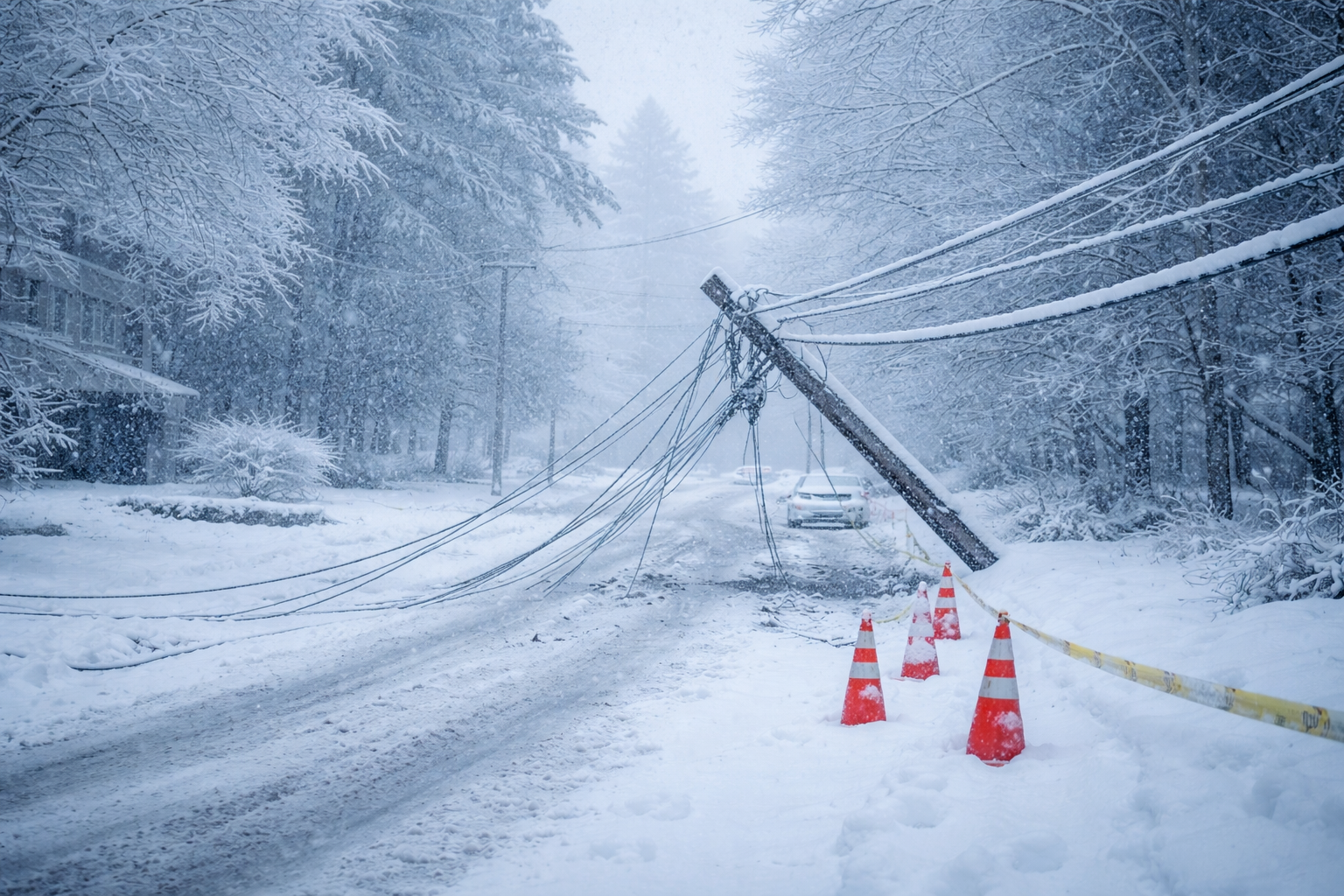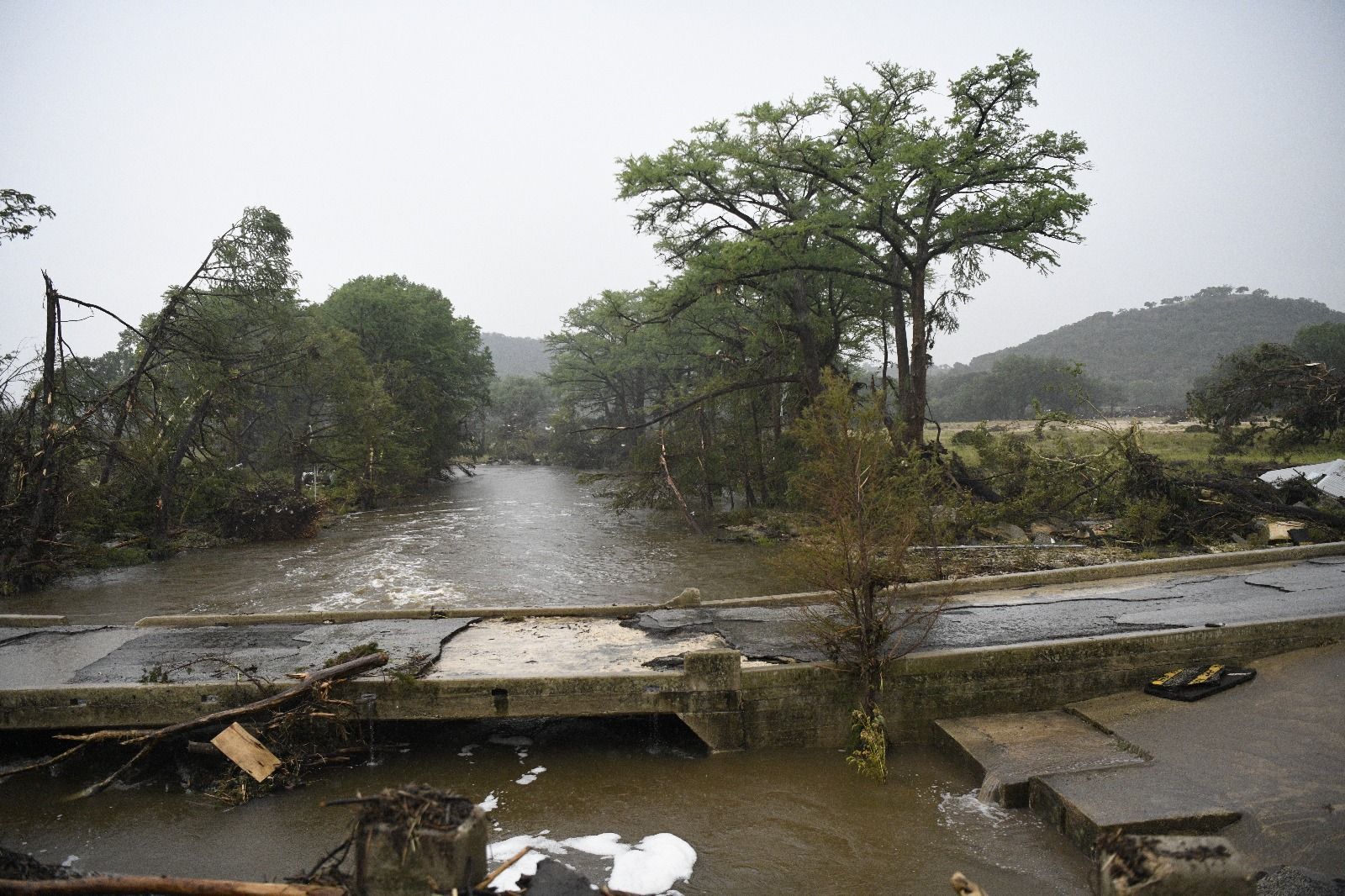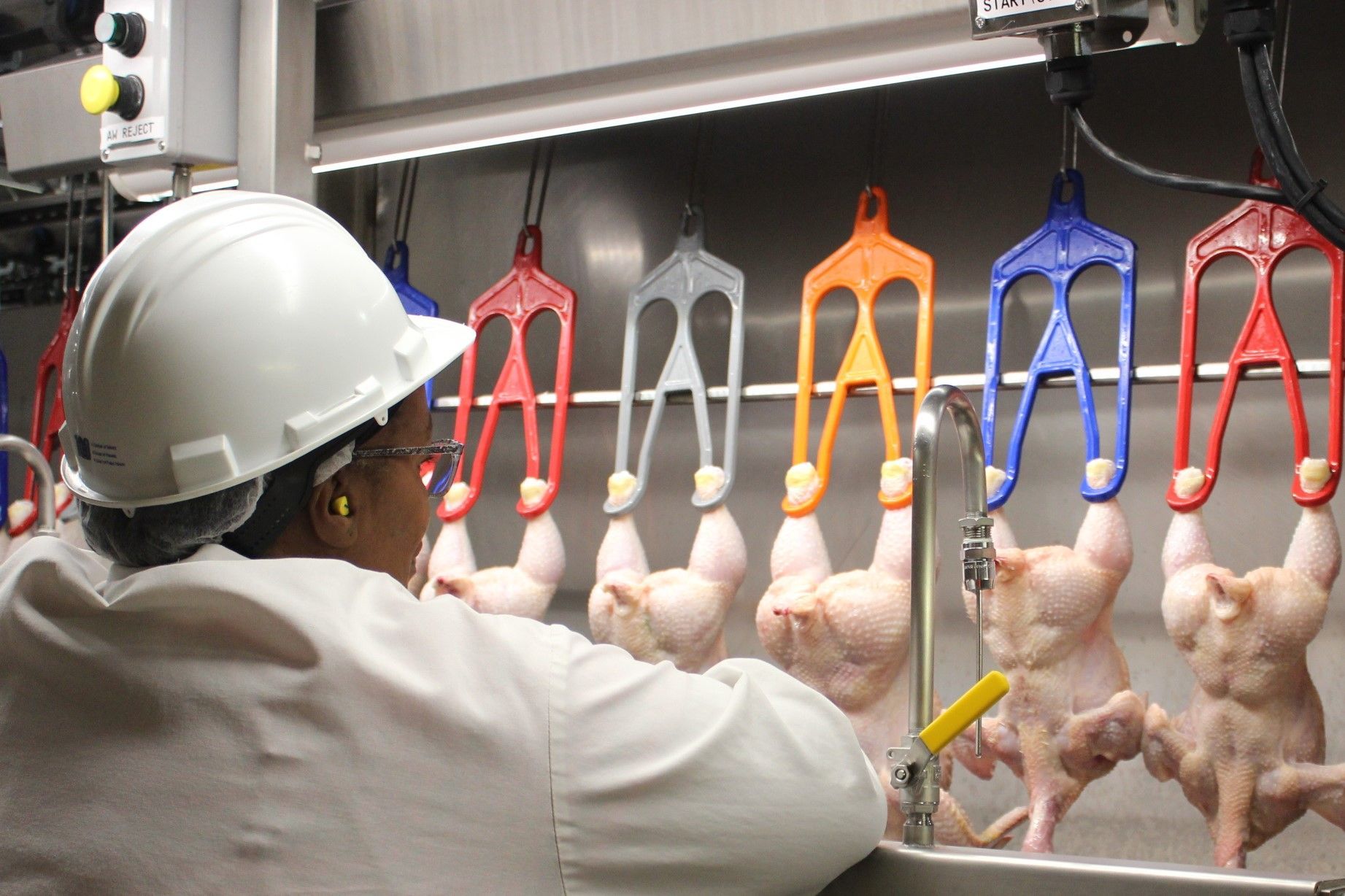WARNING: IF YOU ARE HEADING TO THE CARIBBEAN THIS WINTER, IS YOUR BOEING AIRCRAFT SAFE?
If you are like most Americans suffering through this nasty, snow and ice-driven extremely cold winter, you probably have dreams of flying somewhere warm to lounge on the beach while sipping margaritas (that's my tribute to the late Jimmy Buffett ). If you can afford the time and money to fly away to your dream winter holiday in the sun, you may still be worrying if your flight to paradise is safe. And worry you should, especially if you are booked on a Boeing 737 Max 9 aircraft.
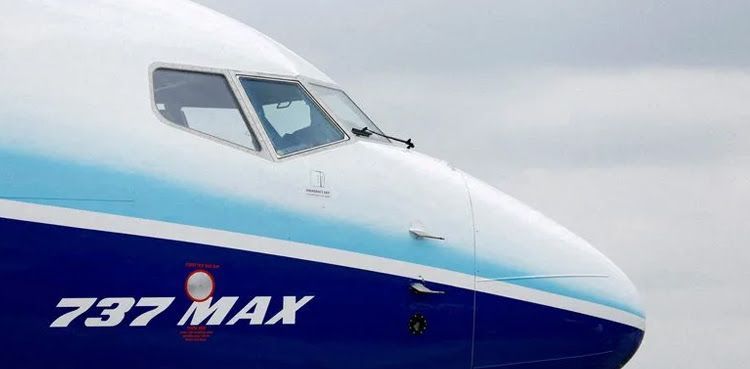
Unless you've been living in a cave, you probably know about the infamous episode on January 5 of this year when an Alaska Airline flight, shortly after taking off from Portland, OR with 177 passengers, lost a door plug, unbolted and not securely fastened to the fuselage of a Boeing 737 Max 9 aircraft, leaving a gaping hole in the plane. Although nobody died in this bizarre event (one young passenger's shirt was ripped from his body and disappeared in the atmosphere), the Federal Aviation Administration (FAA) took immediate action and grounded all Boeing 737 Max 9 aircraft with the door plug feature, pending a very thorough safety examination. It has now been 3 weeks since the FAA took action, and the agency is about to clear all Boeing 737 Max 9 planes for takeoff. But are they safe to fly and can passengers take any actions to protect themselves?
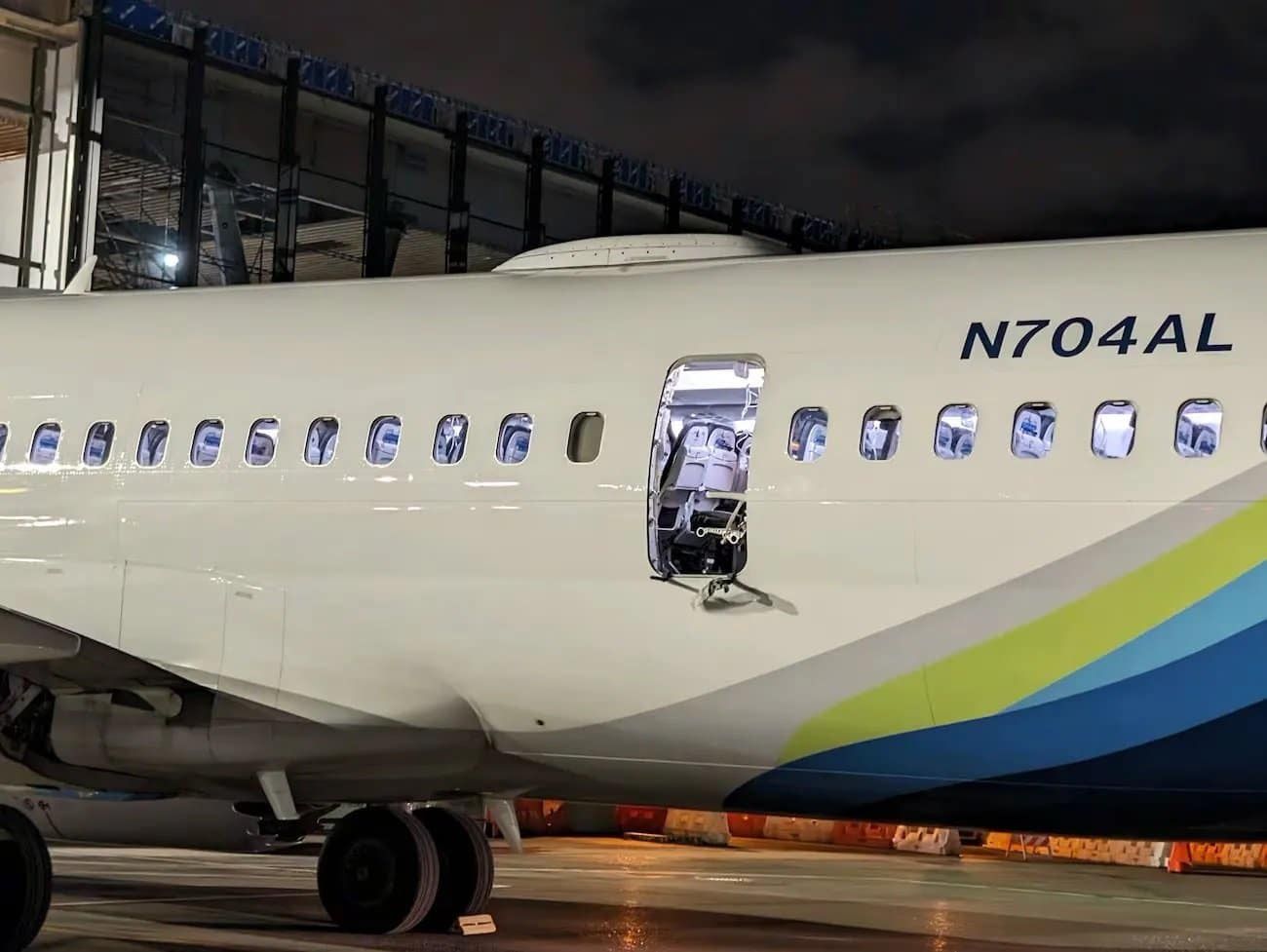
In my new book, Murder, Inc.: How Unregulated Industry Kills or Injures Thousands of Americans Every Year...And What You Can Do About It, I discuss the "safety triad" in which all three parties that affect our collective safety, the manufacturer, the regulator and the consumer, must cooperate in order to prevent injury or death. In the Boeing affair, it appears that the FAA and Boeing are cooperating in order to get to the bottom of the flying door plug incident. The FAA correctly and immediately grounded the affected airplanes, in contrast to the last series of Boeing Super Max crashes where they apparently didn't act immediately. The FAA has initiated an intensely thorough process where each of the 171 grounded Max 9's must (according to CNN) "undergo inspection of the bolts, fittings and guide tracks for the door plug, the piece of fuselage that flew off an Alaska Airlines plane earlier this month. It also includes tightening fasteners and performing “detailed inspections of … dozens of associated components.” Boeing even waived its right to a "safety exemption" in order to solve the current door plug/loose bolts problem. That leaves the consumer element to the safety triad. What specifically can the consumer do to better inform themselves and feel safer when they fly?
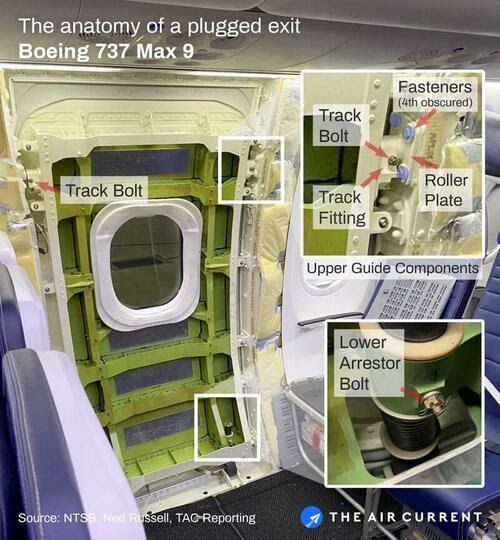
First of all, the consumer has the right to know exactly what aircraft they are about to board, which is all the more important given the new revelations by Ben Minicucci, CEO of Alaska Airlines that their initial inspections of their fleet of 65 Boeing 737 Max 9's revealed many aircraft had loose bolts, hardly an endorsement of the safety of their aircraft. Along with announcing the inspection process to get grounded Max 9’s into the air, the FAA told Boeing that “it will not grant any production expansion of the MAX, including the 737-9 MAX,” the agency said in its news release. “Let me be clear: This won’t be back to business as usual for Boeing,” FAA Administrator Mike Whitaker said. To further add to Boeing's stress levels, Alaska Airlines is now reevaluating its decision to buy a new fleet of Boeing 737 Max 10's.
Again, its CEO Ben Minicucci said the company will now evaluate "what the best long-term strategic plan is for Alaska('s) fleet mix" once the craft is certified.
"I think everything’s open at this point ... for us," he said, confirming that Hawaiian Airlines, which Alaska Airlines is in the process of buying, uses planes produced by Boeing's rival, Airbus. "I think we’re going to do what’s best for Alaska long term, in terms of fleet mix for us. It gives us optionality."
So, what is the consumer to do, given all this uncertainty from both the FAA and Alaska Airlines? The FAA does state that once the affected planes pass the rigorous inspections required both by the agency and the airlines, the planes should be safe to fly. The Warnings Doctor recommends that, at the very minimum, consumers should know ahead of time what aircraft they will be flying and then, as I recommend in my book, make an "informed choice" based upon the best information available.
Check out my latest podcast
"EXPOSED! An Exclusive Look Behind the Curtain of Corporate Greed"
Check out my book "Murder, Inc.: How Unregulated Industry Kills or Injures Thousands of Americans Every Year...And What You Can Do About It".
Available in Hardcover, Paperback, Kindle & Audiobook on Amazon now.
